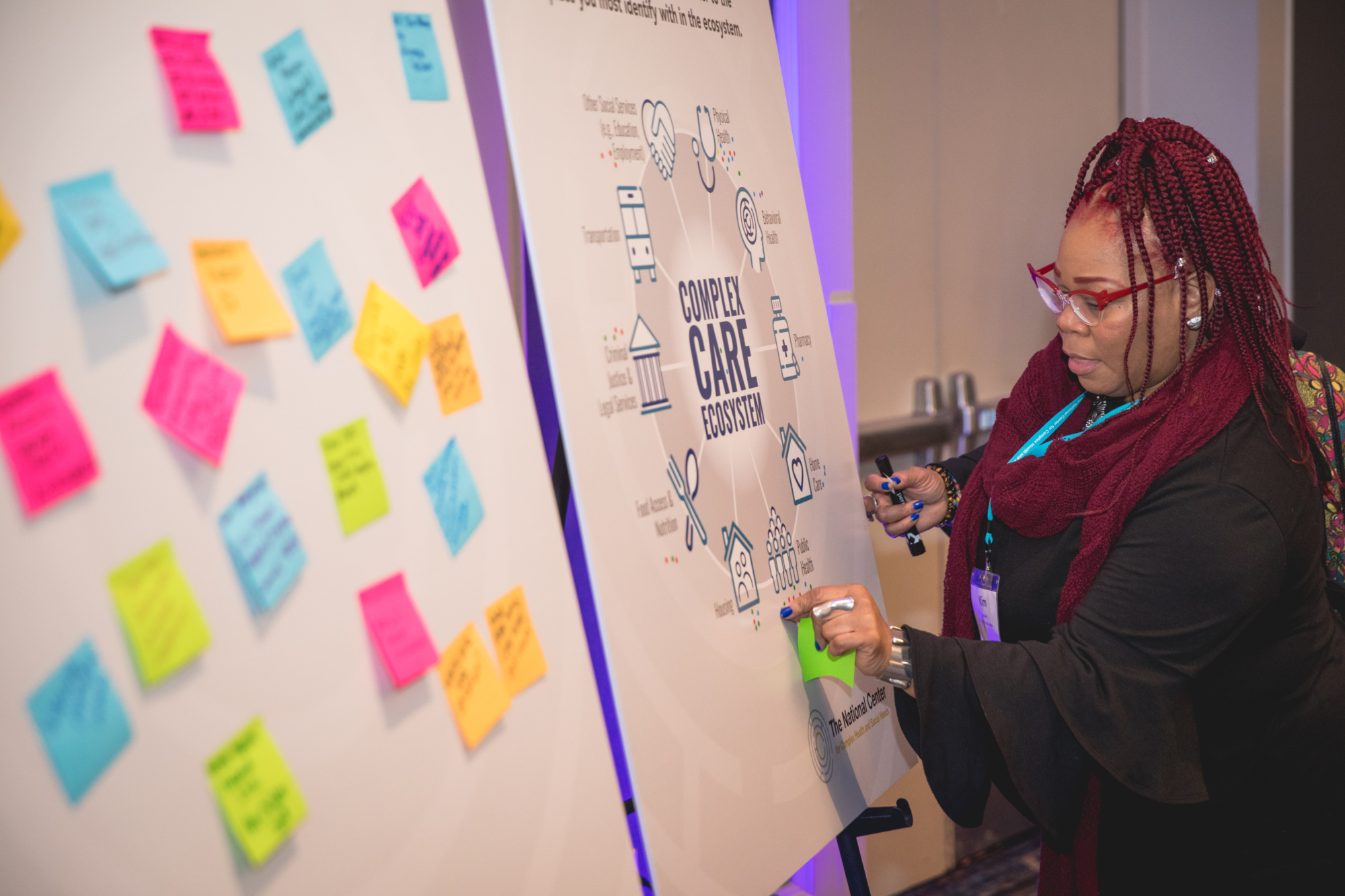There is a well-established connection between substance use disorder (SUD) and criminal justice involvement, with approximately 60% of incarcerated individuals having a diagnosed substance use disorder. Additionally, individuals seeking addiction treatment frequently encounter other disruptive legal issues including eviction, custody disputes, and traffic matters. To help expand access to free, quality legal support, the Camden Coalition launched a medical-legal partnership (MLP) with Rutgers Law School in 2017. The partnership grew to include embedding legal expertise into the Center for Healing, an addiction medicine care center within Cooper University Health Care.
In early 2024, with support from the Scattergood Foundation and other partners, we expanded this model with Maryville Integrated Care (Maryville), bringing weekly onsite legal services to their clinic in Turnersville, New Jersey. This new partnership marked not only our first expansion of the program, but also growth into a new county in South Jersey: Gloucester County.
Thanks to our team’s many years of experience, as well as the Maryville team’s enthusiasm and seamless collaboration, the program was able to hit the ground running. With just a few months of planning, we launched this collaboration in April 2024 and have since served 174 Maryville patients. Notably, these cases include family law matters, housing, traffic violations, and criminal matters. In fact, the Camden Coalition MLP is unique among medical-legal partnerships nationwide in taking on criminal cases, which represent over 38% of our cases in Maryville.
“There is such a huge need within addiction care for this type of embedded legal services,” said Brandis Childs, the Director of Mental Health and Community Programs at Maryville. “Within months the counselors were asking for more capacity and sites to be added.”
Key successes of the project include:
- Rapid implementation of the MLP at a new site
- Weekly presence of attorneys embedded into care team workflows
- High referral volume and strong staff engagement
- Demonstrated adaptability of the model to new populations and care settings
The biggest challenge facing our program remains the sheer volume of need — the opioid epidemic remains in full swing, and legal needs can compound the challenges patients face in seeking and staying in treatment. Patients travel from several counties to seek care at the Maryville clinic, and the demand on our legal team capacity to represent clients across counties is significant. To truly meet and serve patients where they are requires a team that can provide full legal representation, as opposed to brief advice and referrals to outside resources. Our model prioritizes providing full legal support to the patients we serve, which requires intensive support and resources. Yet, there remains no clear sustainable funding pathway for MLPs that would allow us to establish the model as a standard of care across the region.
Through this expansion, we have demonstrated that our program can be replicated in new sites and that our attorneys can effectively assist patients with substance use disorders in resolving legal matters across clinical settings. At this stage of the work, our next step for the program is to conduct a full evaluation that allows us to measure the link between the legal work and key health indicators, such as retention in care. Collecting this data in a rigorous and effective way takes time and effort, but we need this data to make the case to Medicaid and insurance payers for the critical importance of investing in programs like the MLP that provide embedded services alongside healthcare providers.
Our hope is that rigorous evaluation data will ultimately lead us to a pathway to scale this work even further, so that more patients navigating complex needs and complex systems can get the support they deserve.



